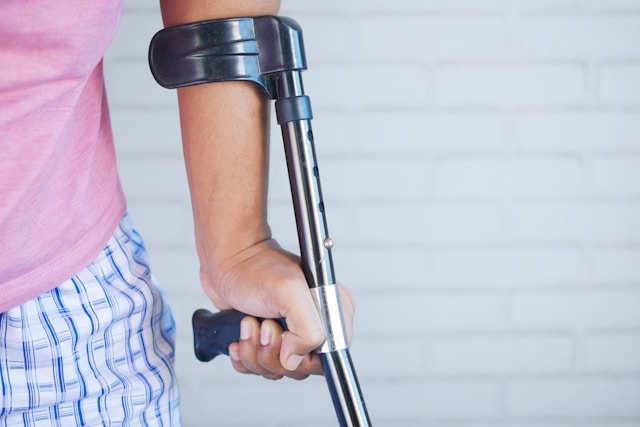Traveling by air or other forms of transportation can be an exciting part of your journey, but accidents and injuries can occur, leading to significant distress and complications. When these incidents happen, understanding your legal rights and the possibility of filing a personal injury lawsuit against airlines or transportation companies can be crucial. Here’s a comprehensive guide on navigating personal injury claims in the context of transportation accidents.
Common Causes of Transportation Injuries
Airplane Accidents: Although rare, plane crashes and severe turbulence can cause injuries. More commonly, passengers might suffer injuries during boarding, disembarking, or due to falling luggage and service cart accidents.
Train and Subway Incidents: Derailments, sudden stops, platform gaps, and onboard accidents can result in injuries to passengers.
Bus and Coach Accidents: Road accidents involving buses, falls due to sudden stops, and onboard injuries caused by improper maintenance can affect passengers.
Cruise and Ferry Injuries: Slip and falls, food poisoning, and recreational activity accidents are common on cruises and ferries.

Legal Rights and Responsibilities
Transportation companies, including airlines, have a legal responsibility to ensure the safety of their passengers. This duty of care includes proper maintenance of vehicles, adequate training for staff, and adherence to safety regulations. When these companies fail in their duty, they can be held liable for injuries resulting from their negligence.
Negligence: Most personal injury claims are based on negligence. To prove negligence, you must demonstrate that the transportation company owed you a duty of care, breached that duty, and caused your injury as a result.
Strict Liability: In some cases, particularly involving defective equipment or products, strict liability might apply. This means the company can be held liable regardless of fault if the equipment failure led to the injury.
Breach of Contract: Sometimes, your ticket or travel agreement includes specific promises regarding safety and service. If the company breaches these terms, you may have grounds for a lawsuit.
Steps to Take After an Injury
Seek Medical Attention: Your health should be your top priority. The injury lawyers at Grungo Law in South Jersey always suggest seeking medical treatment immediately. Also to ensure all injuries are documented by healthcare professionals.
Report the Incident: Notify the airline or transportation company about the accident as soon as possible. Ensure an official report is filed, and obtain a copy for your records.
Gather Evidence: Collect evidence at the scene if possible. Take photographs, gather witness information, and keep any relevant documents such as your boarding pass or ticket.
Keep Records: Maintain detailed records of your medical treatments, expenses, and any communication with the transportation company.
Filing a Lawsuit
Consult a Personal Injury Lawyer: An experienced personal injury lawyer can help you understand your rights and the merits of your case. They can also guide you through the legal process and represent your interests.
Investigation and Filing: Your lawyer will conduct a thorough investigation, gather evidence, and file a lawsuit if they believe you have a strong case. This includes preparing legal documents and negotiating with the transportation company or their insurers.
Negotiation and Settlement: Many personal injury cases are settled out of court. Your lawyer will negotiate with the transportation company to seek a fair settlement. If a satisfactory agreement cannot be reached, your case may go to trial.
Trial: During the trial, both sides will present their evidence and arguments. A judge or jury will then determine whether the transportation company is liable for your injuries and, if so, the amount of compensation you should receive.
Compensation
If your lawsuit is successful, you may be entitled to various forms of compensation, including:
Medical Expenses: Coverage for past and future medical treatments related to your injury.
Lost Wages: Compensation for lost income due to the injury, including future earning potential if the injury affects your ability to work.
Pain and Suffering: Damages for physical pain and emotional distress caused by the injury.
Other Costs: Reimbursement for travel expenses, legal fees, and other costs incurred due to the accident.
Navigating a personal injury lawsuit against airlines or transportation companies can be complex and challenging. However, understanding your rights and the steps to take can empower you to seek the justice and compensation you deserve. Always prioritize your safety and well-being, and seek professional legal assistance to guide you through the process. With the right approach, you can hold negligent parties accountable and secure the resources needed for your recovery.



